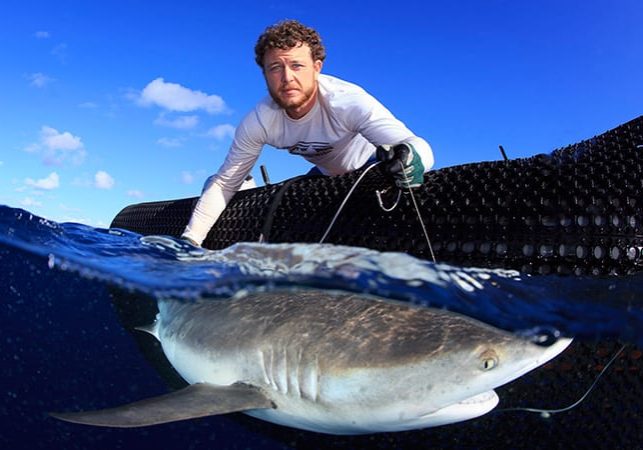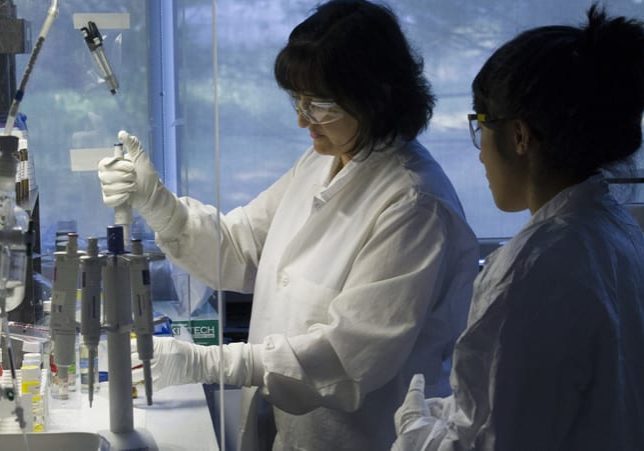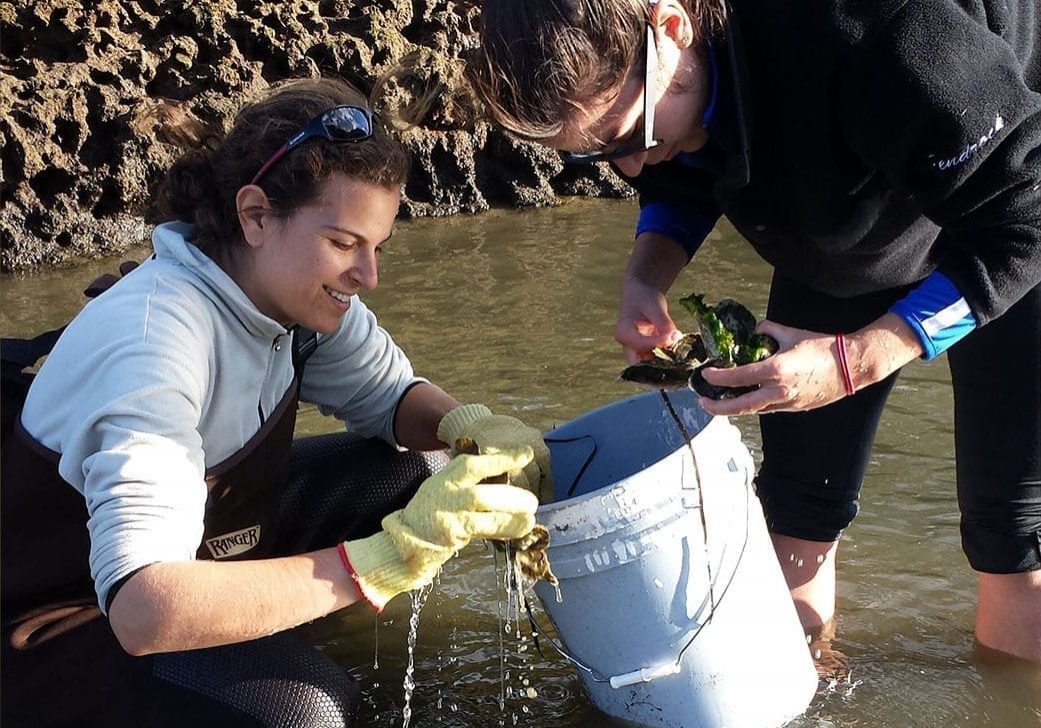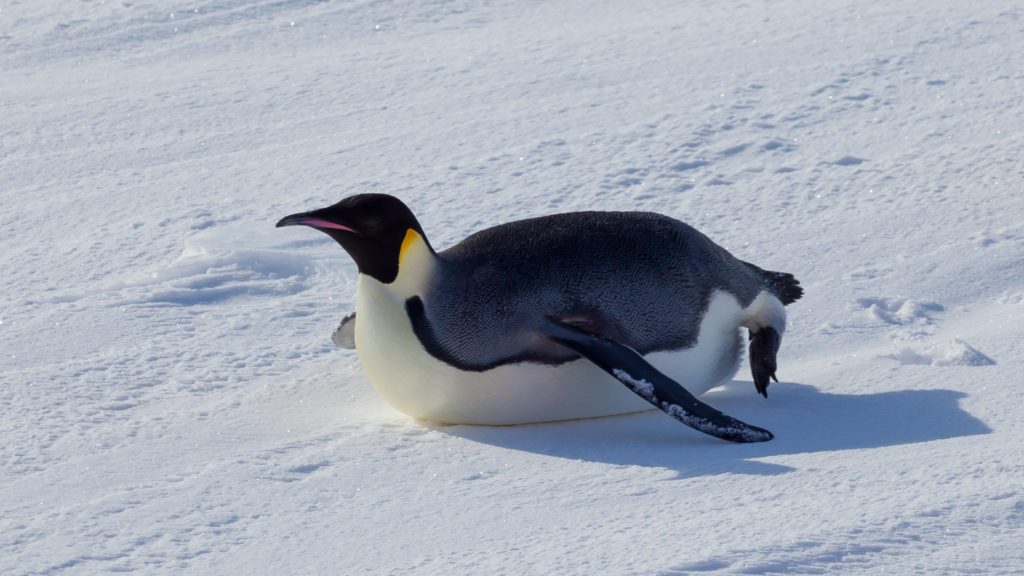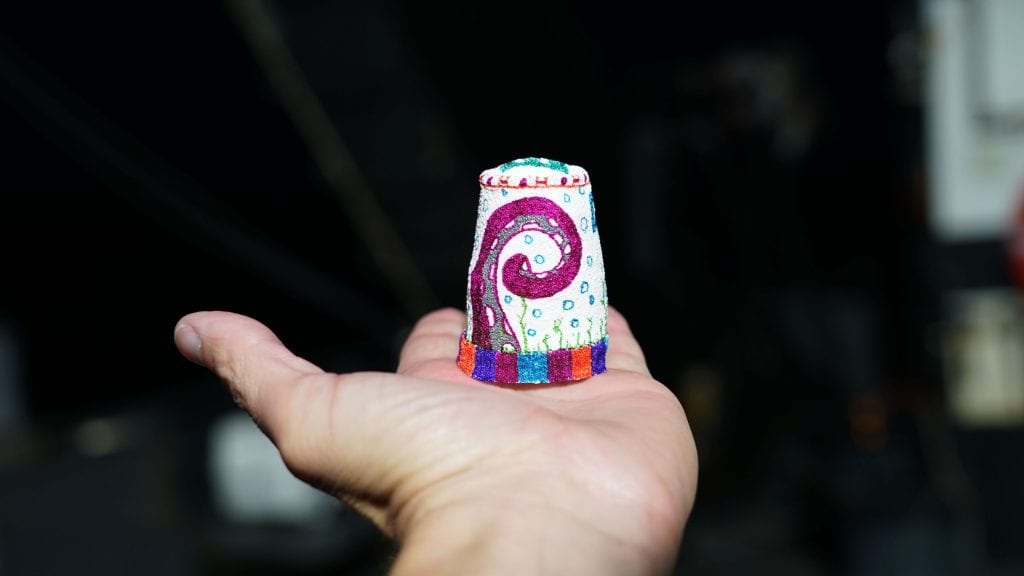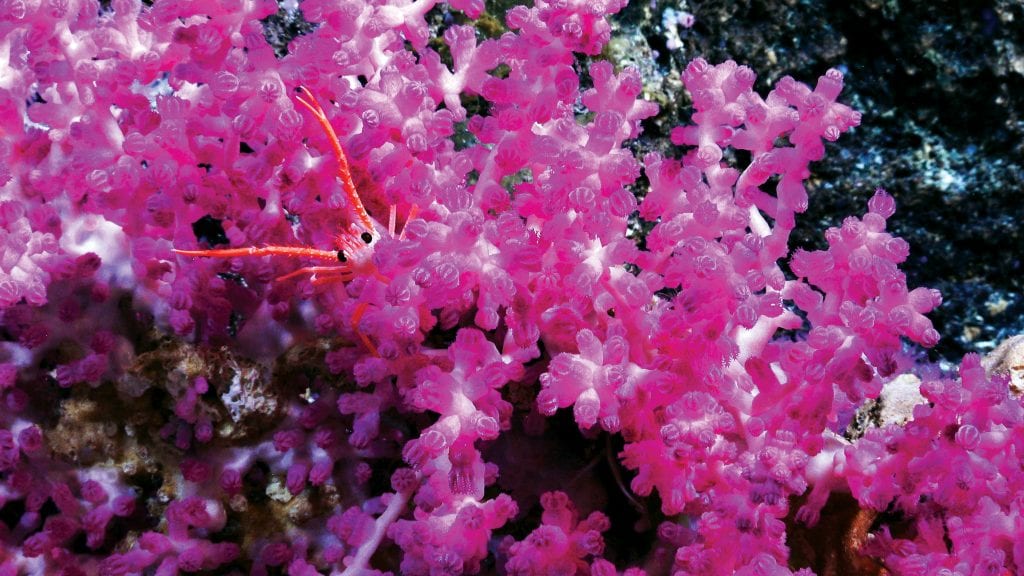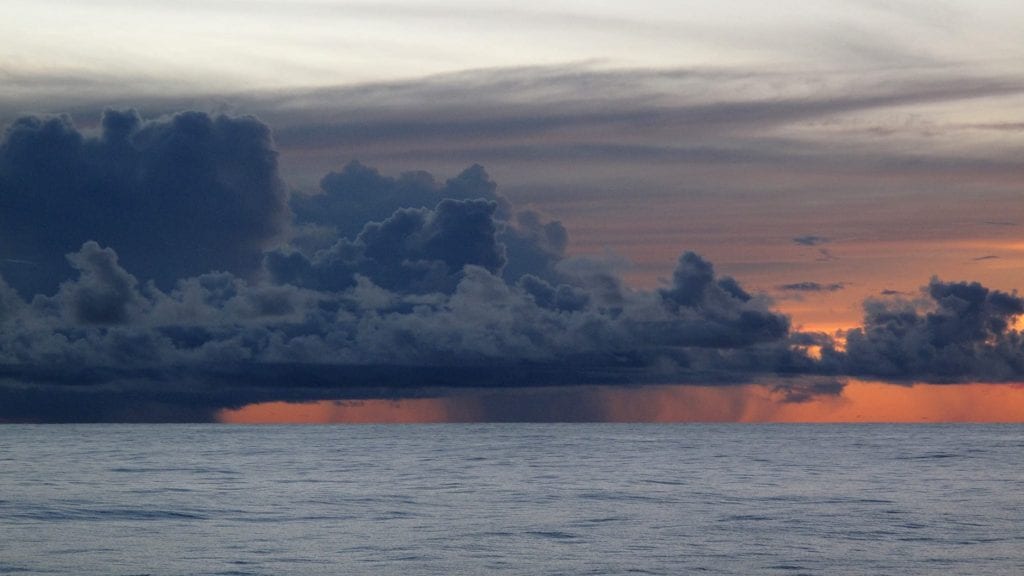Like all scientists, oceanographers are curious. They want to know things like what causes ocean currents. How oceans interact with land along coastlines. How pollutants affect marine life. What drives changes in populations of marine plants and animals. Even big things like how oceans affect Earth’s climate. Students who are curious about all things ocean might make great oceanographers. So how do you become one?
In middle school and high school, focus on math and science. Take as many science classes in as many disciplines as possible. All of these are essential to understand the ocean and its processes. Many aspects of ocean research involve modeling. So math and computer science classes are also important. Researchers have to share their findings through scientific articles. English classes will help you become a stronger writer. And public speaking classes can help prepare you to talk about your research.
A single oceanographer often focuses on a specific aspect of the ocean. This might be physical, such as waves and tides. Or geological, with a focus on the sea floor. A chemical oceanographer studies the chemicals in seawater. And one with a biological focus studies ocean life. But none of these things exists by themselves. To understand one aspect of the ocean, a researcher must know about the others. In fact, many advances in oceanography come from collaborating with scientists in the other research areas. A solid science background is essential to being a successful oceanographer.
In high school, look for opportunities to do research during the summer. Any field research is helpful. Even better are summer camps or internships that let you study the ocean. (Most oceanographers spend lots of time on ships. This would be a good time to find out if you get sea sick!)
When you get to college, you will want to major in the sciences. This can be physics, chemistry, geology, or biology. Keep looking for internships or other summer research opportunities. And realize that you’re not done when you graduate0—most jobs in oceanography require more training in graduate school.
In your last year of college, research graduate programs in oceanography. You may have to take the graduate entrance exam in order to apply to the program. Ask people you worked with in college for letters of recommendation. Your graduate work will become more focused. You will be able to work on the specific features of the ocean that interest you. Most jobs in oceanography require a Master’s degree. Many require a PhD.
Once you finish your graduate degree, you’re ready to find a job! Oceanography jobs exist in the government and in private firms. You can also work for nonprofit or educational institutions (like WHOI).
The ocean is still largely unexplored and vitally important. There are lots of opportunities for you to dive in to your new career!
American Geosciences Institute. Oceanographer: What is an oceanographer? https://www.americangeosciences.org/education/k5geosource/careers/oceanographer Accessed on November 11, 2020.
Environmental Science.org. What is an oceanographer? https://www.environmentalscience.org/career/oceanographer Accessed on November 11, 2020.
Marine Careers. Oceanography. https://www.marinecareers.net/oceanography Accessed on November 11, 2020.
NOAA. What does an oceanographer do? https://oceanservice.noaa.gov/facts/oceanographer.html Accessed on November 11, 2020.
University of Alaska, Fairbanks. How to become an oceanographer. https://www.uaf.edu/cfos/files/community-outreach/oceanographer.pdf Accessed on November 11, 2020.
DIVE INTO MORE OCEAN FACTS
Why do emperor penguins toboggan?
Learn why Emperor penguins slide around on their bellies or “toboggan” when they’re on the move in Antarctica.
Why is pressure different in the ocean?
As anyone who has tried diving to the bottom of a deep pool knows, all that water gets heavy—fast. Extreme pressure is one reason why the ocean floor is still largely unexplored.
Why are corals so colorful?
One of the most striking things about coral is its bright coloring. But many are a dull green or brown. So, what gives some corals their bright hues?
What’s the difference between climate and weather?
We often hear about the weather. We also hear about climate. The two terms are related. But they are not the same thing. What’s the difference?

